Results
-
 £49.95
£49.95Fire in the Blood - Paul Lovatt-Cooper
This was commissioned by Dr Stephen Cobb for the 120th anniversary of the International Staff Band of the Salvation Army. It had a rousing premiere performance at the International Staff Band 120th anniversary. Circa 10'08".
Estimated dispatch 5-7 working days
-
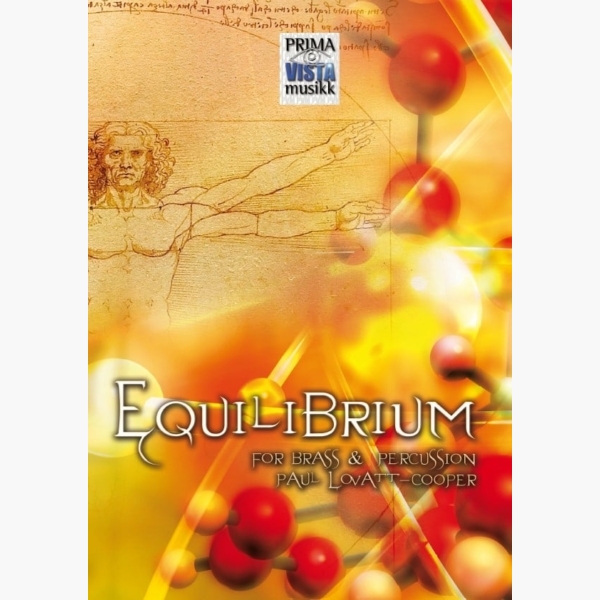 £64.95
£64.95Equilibrium - Paul Lovatt-Cooper
Equilibrium was composed for Bandmaster Ross Johnson and Camberwell Citadel Band of The Salvation Army. The title suggests a state or situation in which opposing forces or factors balance each other out and stability is attained. Equilibrium is based around...
Estimated dispatch 5-7 working days
-
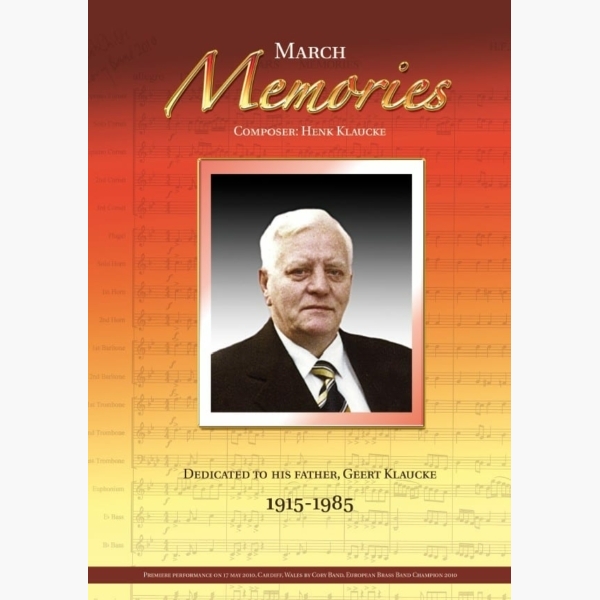 £24.95
£24.95March Memories - Henk F Klaucke
Henk F. Klaucke is a well-respected musician and bandsman having performed with many fine ensembles, including The Salvation Army's Amsterdam Staff Band. March: Memories was conceived and composed as an everlasting memory of the composer's father, Geert. Majestic in style,...
Estimated dispatch 5-7 working days
-
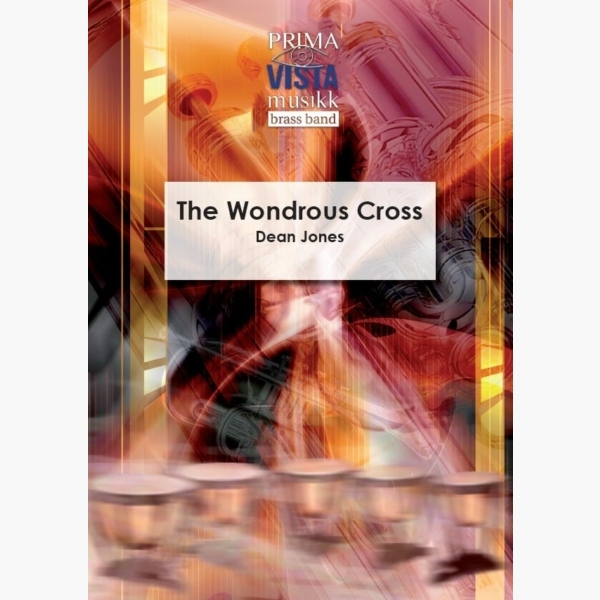 £24.95
£24.95The Wondrous Cross - Dean Jones
The Wondrous Cross was written as the result of a request from Tim Parker, Bandmaster of the Staines Band of The Salvation Army for something new and inspiring for Easter and based on the tunes of 'Rockingham' and 'O Waley,...
Estimated dispatch 5-7 working days
-
 £65.40
£65.40Interlude - Andrew Pearce
As a young man, Andrew Pearce had fond memories of playing Cornet in the local Youth Brass Band, where he first experienced the power and beauty of brass music. After completing 'Maestro' concertino for Philip Cobb, he decided to write a more gentle and lyrical piece for him, which paid homage to his musical roots in the Salvation Army. 'Interlude' is ideal for a proficient solo cornet player in any brass band: tuneful, reflective and elegiac with lots of expression.
Estimated dispatch 5-14 working days
-
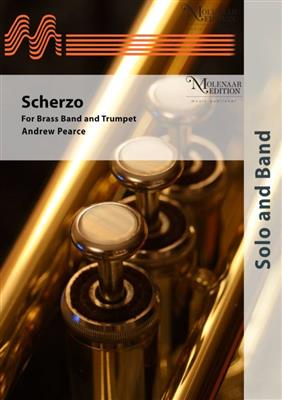 £105.80
£105.80Scherzo - Andrew Pearce
Commissioned by Philip Cobb & The New York Staff Band of the Salvation Army. A classic trumpet solo full of exciting tempo changes and technical feats. A challenge for every modern trumpet player!
Estimated dispatch 5-14 working days
-
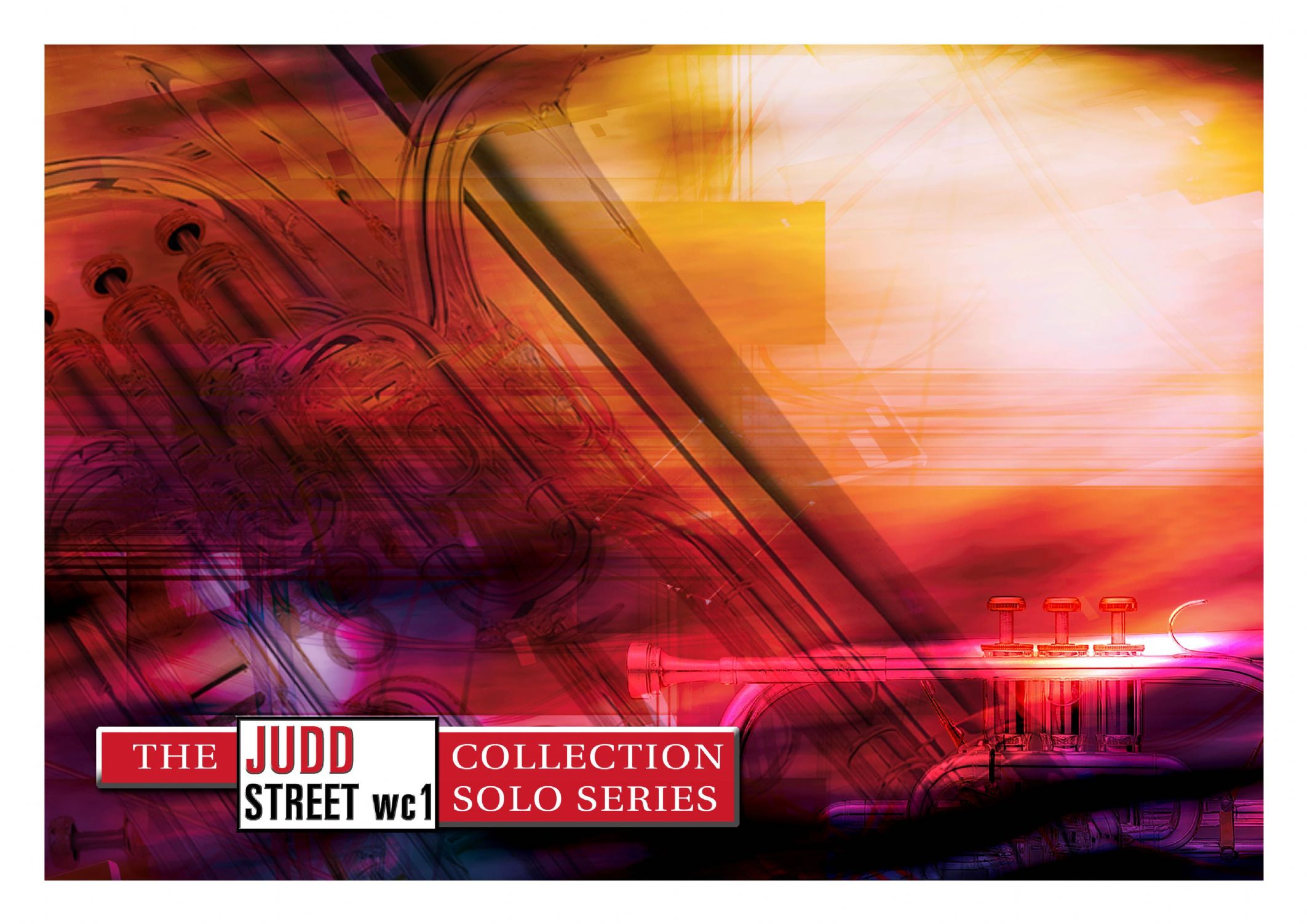 £29.95
£29.95Judd: A Joy Untold
This short, light-hearted solo has been described as The Salvation Army's answer to 'The flight of the bumble bee' and requires facility from the soloist and accurate accompaniment from the band. The solo opens and closes with whimsical references to Erik Leidzen's famous euphonium solo 'The Song of the Brother' and includes the tunes 'A robe of white' and 'I'll serve Thee'.
Estimated dispatch 7-14 working days
-
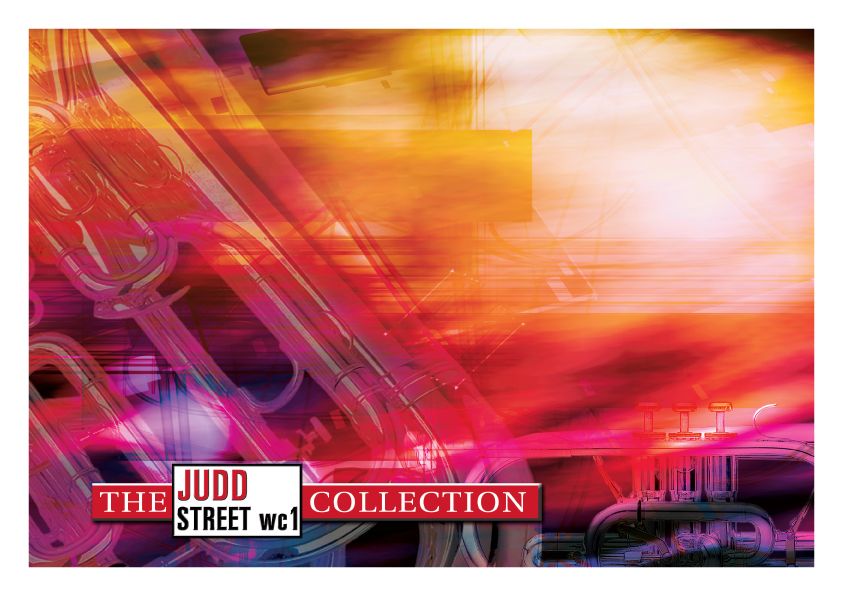 £34.95
£34.95Judd: Everlasting Praise
Written for the 25th anniversary of The Salvation Army Anglia Youth Band, this exciting music features the hymn tunes of 'Ascalon', 'Miles Lane' and 'Old Hundredth' with references to 'Praise, my soul, the King of Heaven'.
Estimated dispatch 7-14 working days
-
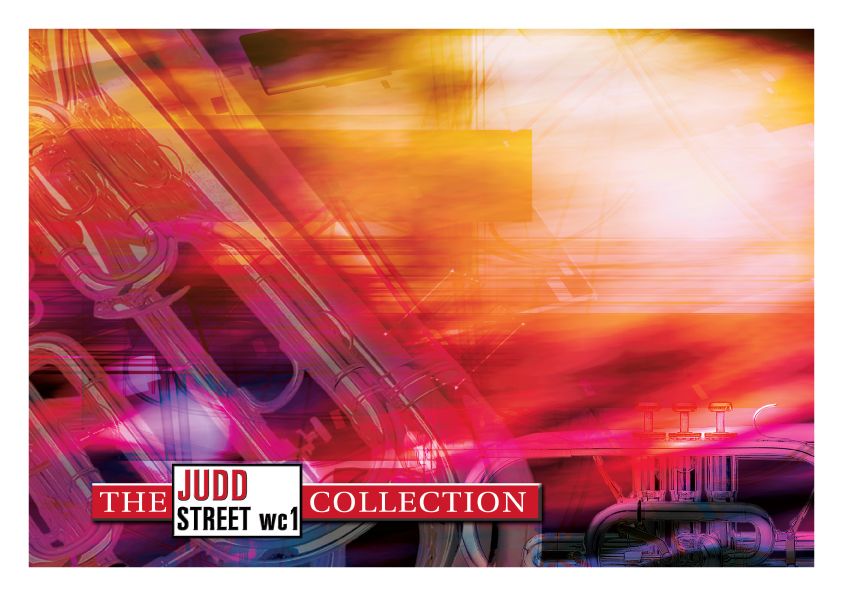 £24.95
£24.95Judd: Indomitable
Herbert Mountain saw 15 marches published by The Salvation Army between 1922 and 1959. Favourites among these include tributes to several Citadel corps like Sheffield, Blackpool and Stockport, and Indomitable dating from 1951. Beginning in the minor and unfolding in contest march style as a cornet soloist dialogues with the full band, the march switches to the major to present the chorus from Onward, Christian Soldiers.
Estimated dispatch 7-14 working days
-
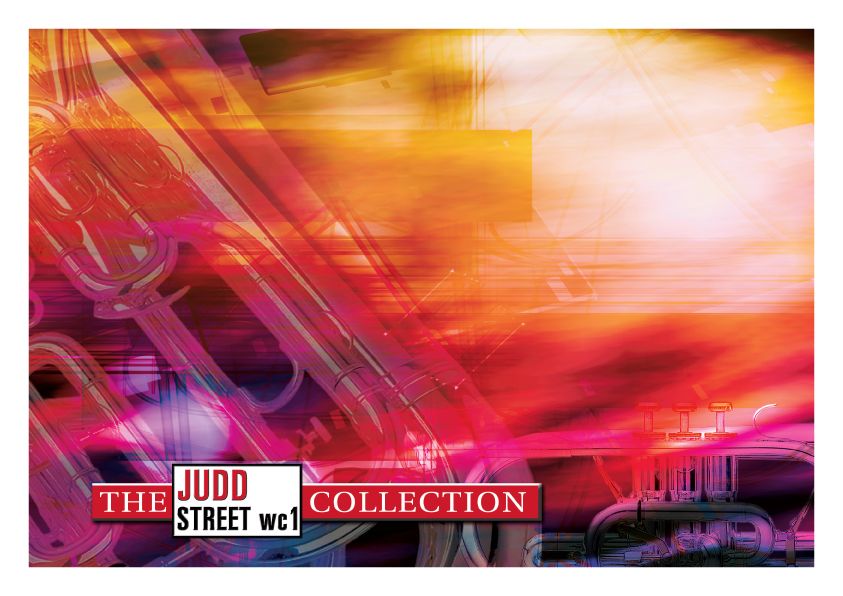 £44.95
£44.95Judd: Lyric Variations
This solo was written at the request of Stephen Cobb and was premiered by Derick Kane with The International Staff Band of The Salvation Army in 1999. It subsequently became the title track of the solo CD recorded by the same forces. The theme, commonly known as 'Lord of the Dance', is followed by four variations (waltz, soft shoe, brillante, lento) and a blistering finale! A piano accompaniment version is included in The Derick Kane Euphonium Album.
Estimated dispatch 7-14 working days
